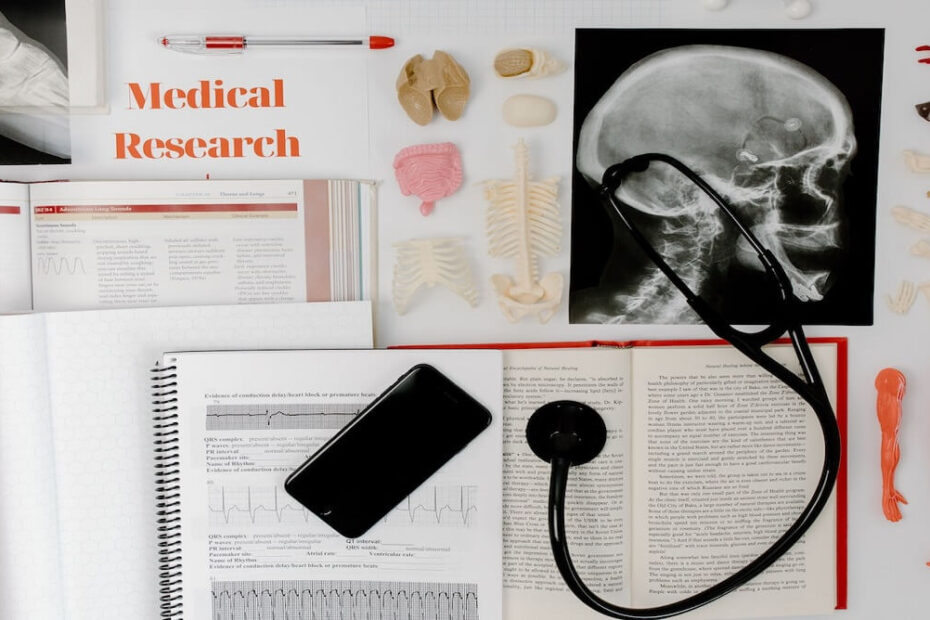Medical school is one of the most difficult courses you can take worldwide. Learning about the human body isn’t easy, and it’s even more difficult to keep all these things in your head and organized enough to offer treatments and help patients once you’ve graduated to become a doctor. For this reason, many people feel discouraged from joining and completing medical school. However, there are countless possible benefits associated with completing this degree, some of which you’ll read in this article. Before you make a decision, consider the following information because it could change your mind.
Your Teamwork And Communication Skills Are Tested
Being a medical practitioner is a complicated task and one of the most important jobs in the world. You’ll be trusted with patients’ lives, and this responsibility is not left in one person’s hands. Instead, some whole teams and panels coordinate for the good of the patients. As a doctor, you’ll coordinate with nurses, support staff, other doctors and residents, and the physician in charge. While you’re still in medical school, however, you’ll get a taste of this experience, and your teamwork and communication skills will be tested in a clinical context.
Exposure To Clinics And Patients Starts Early
As previously mentioned, clinical exposure starts early on in medical school. In some places, you may begin to visit clinics as early as your first year, while in others, clinical rotations are emphasized in your third year onwards. This experience will be vital in your development as you’ll see firsthand how physician-led treatment of patients works, how everyone works together to keep the ship running smoothly, and what your role will be once you graduate, first as a house officer, then as a resident, then, perhaps, even a physician one day.
Failing Is A Key Part Of The Process
The medical profession is very high-risk and stress-inducing. It’s not for the faint of heart, and mistakes can have horrible consequences. However, the only way to learn in this profession is to make mistakes that you won’t repeat again. This means your actions may negatively affect the treatment plan of a patient. While this can feel like a devastating mistake, it’s important to remember that every current doctor and professional has been in your shoes at one time or another, as nobody’s perfect.
Studying From Books Is Not Enough
Book studying is emphasized in med school. You’ll need to memorize the names of countless strains of bacteria, fungi, germs, diseases, and the myriad symptoms that patients could present with, and many questions found in exams will present you with a bookcase and ask you for a diagnosis. However, this experience is not enough to be useful in a clinical context, as you will only find out how things work once you’re working directly with patients and can recognize symptoms in patients as they describe and show them.
You Need To Think About Your Future After Medical School, Too
While the medical school itself is hectic and doesn’t leave room or time for many other considerations, it’s important to remember that you’ll have to plan your future before you’ve graduated, too. If you don’t have time in your schedule, you could consider residency advising, as finding a good residency in the specialty you want to pursue is the best way to progress in your career.
There Are Endless Specialties You Could Follow
One of the best perks of being in the medical field is that you could do countless specialties and jobs depending on your preferences. Once you’ve graduated, there are almost limitless options, like optometry, plastic surgery, cardiology, neurology, internal medicine, general surgery, and so on. The only limit to where you end up is how much work you will put in.
Conclusion
Medical school is one of the most difficult places a student can be once they’re done with college. You’ll have to first pass premed courses which take years before you’re ready to tackle this course. However, people still willfully enter this career path. The reason is because of the countless benefits and advantages it can give you, some of which have been mentioned above. Medical students have to put in more work than virtually any other student out there, but the benefits they get are worth all of it.
